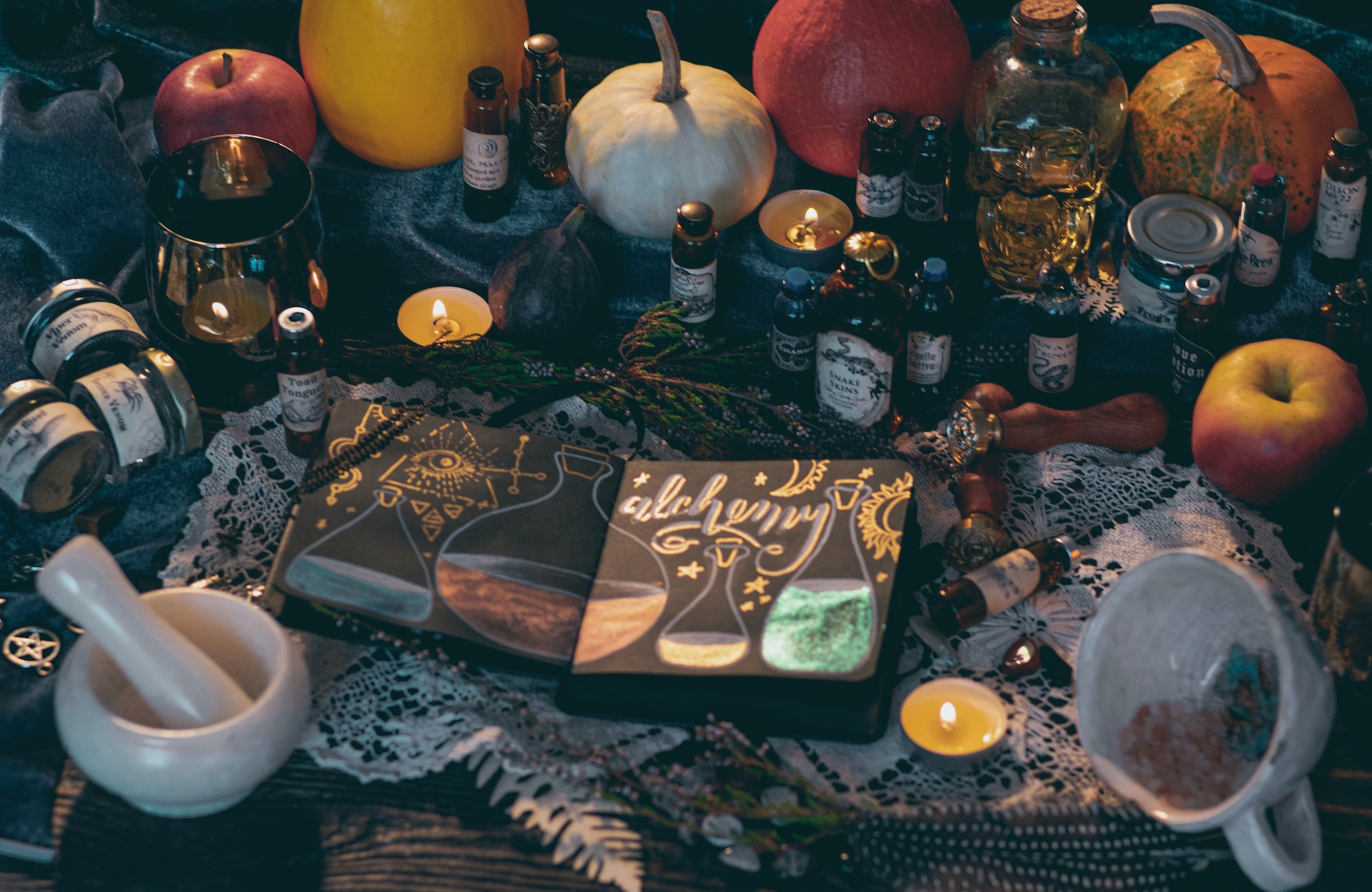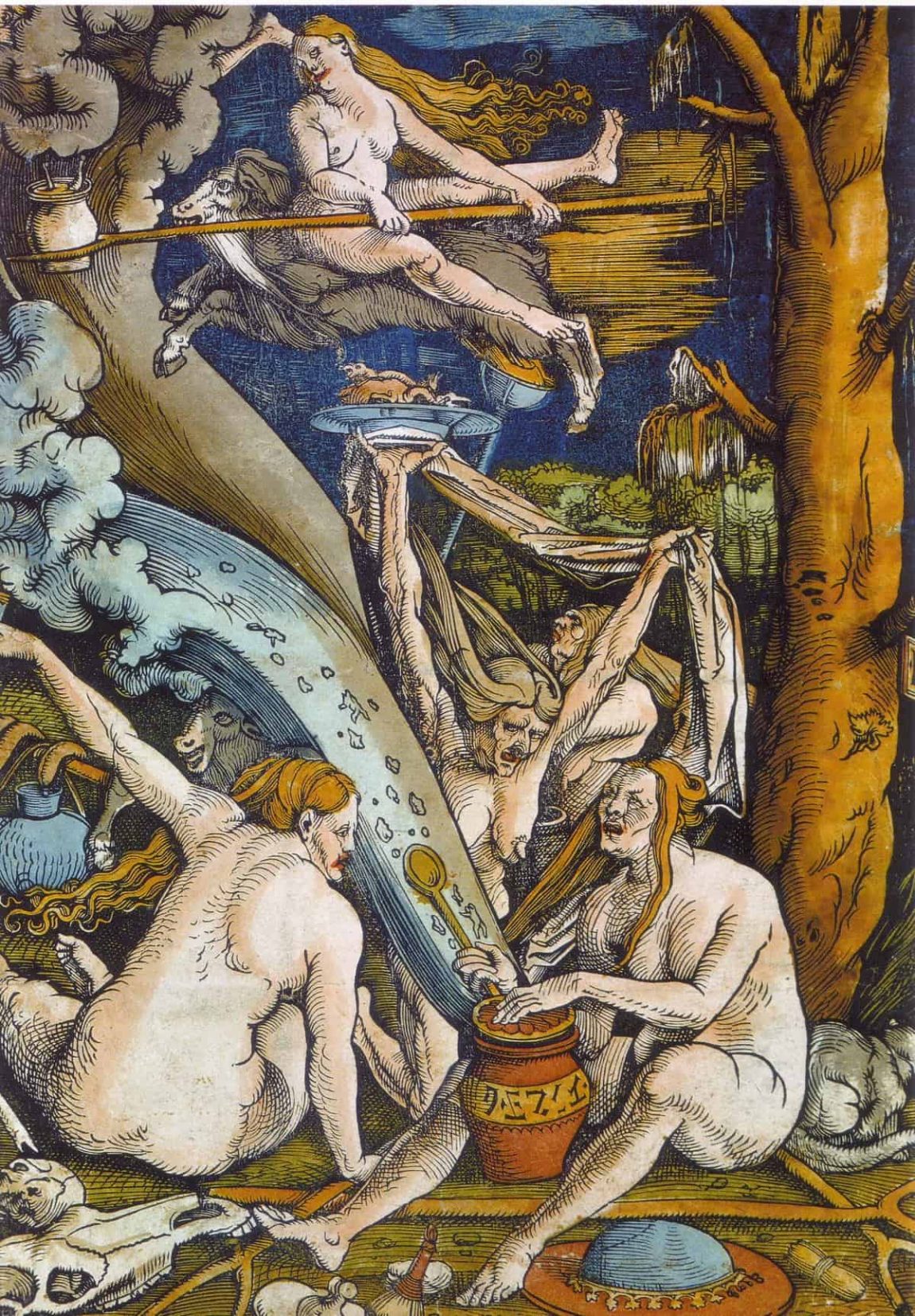Witchcraft, also known as sorcery or the practice of magic, involves the invocation of supposed supernatural powers for various purposes. The nature and scope of witchcraft practices can differ widely, contingent upon the specific cultural settings in which they are found. The belief in the existence of witchcraft is not confined to any one region or time; it has been a part of human history and has been observed across diverse global areas.
Historical Context
In the Early Modern period in Europe, the understanding of witchcraft underwent a significant transformation. It evolved from being a set of disparate, local folk practices to becoming a perceived widespread menace that was believed to work in collaboration with the Devil. This led to an undermining of Christian faith and gave rise to widespread witch-hunts, particularly in regions dominated by Protestantism.
Key Periods and Events
- Early Modern Europe: A critical phase in the history of witchcraft where it was not merely considered an act but part of an expansive, malevolent conspiracy. It was thought to be a coordinated attempt by individuals to weaken the Christian faith, thus becoming a focus of societal and religious scrutiny.
- Witch Trials: Initiated largely during the late 16th and early 17th centuries, these were legal or quasi-legal processes that accused individuals of witchcraft, often leading to their execution. The Salem Witch Trials in 1692 in Massachusetts, USA, are among the most infamous of such events.
- Inquisition: The Roman Catholic Church established special courts known as the Inquisition, largely aimed at eradicating heresies but also responsible for prosecuting witchcraft.
- Decriminalization and Modern Perception: The late 17th and early 18th centuries saw a decline in witch trials and executions. Today, witchcraft is often viewed through a different lens, sometimes as a form of spirituality or as part of cultural practices.

Cultural Variability
Witchcraft is not a monolithic concept but rather varies according to cultural contexts:
- African Witchcraft: In many African societies, witchcraft is integrated into the belief system and is often associated with the evil eye, curses, and the use of magical objects. Some well-known forms include Voodoo in Haiti and Juju in West Africa.
- Wicca: A modern pagan religion that has its roots in ancient Celtic practices, Wicca incorporates elements of witchcraft in its rituals and beliefs.
- Asian Witchcraft: In countries like India, the practice of witchcraft is often intertwined with local traditions and is known by various names like 'Tantra' in Hinduism.
- Native American Witchcraft: Known commonly as Shamanism, these practices often involve the use of natural elements and ancestral spirits.
Theoretical Perspectives
The study of witchcraft has also been explored through various academic lenses, including anthropology, sociology, and religious studies. The theories often look at the social, psychological, and sometimes economic factors that perpetuate the belief in witchcraft.
- Functionalism: Some scholars believe that the belief in witchcraft serves specific societal functions, including the management of uncertainty and social cohesion.
- Feminist Theory: The witch-hunts have been studied as a form of gendered violence, with a disproportionate number of women being accused and convicted.
- Psychological Approaches: Some theories focus on the psychological aspects, exploring how the fear of witchcraft can serve as a form of social control.
Legal and Ethical Considerations
In modern times, witchcraft is often decriminalized in most Western countries. However, accusations and persecutions still occur in certain parts of the world, raising ethical and human rights concerns.
In summary, witchcraft is a complex, multifaceted phenomenon that has different meanings in different cultural contexts. Its history is deeply entwined with the societal, religious, and legal systems of various periods and places. While the large-scale witch-hunts and trials have largely become a thing of the past, the belief in witchcraft and its practice continues to exist, making it a subject of ongoing study and debate.





